October 31 is marked by iconic events and figures in the history of Africa and its diaspora. From the end of Blaise Compaoré’s rule in Burkina Faso to the cultural legacy of Ali Farka Touré and rapper MF DOOM, these stories are chapters of resilience, culture, and transformation.
Significant events
October 31, 2014: the fall of Blaise Compaoré in Burkina Faso
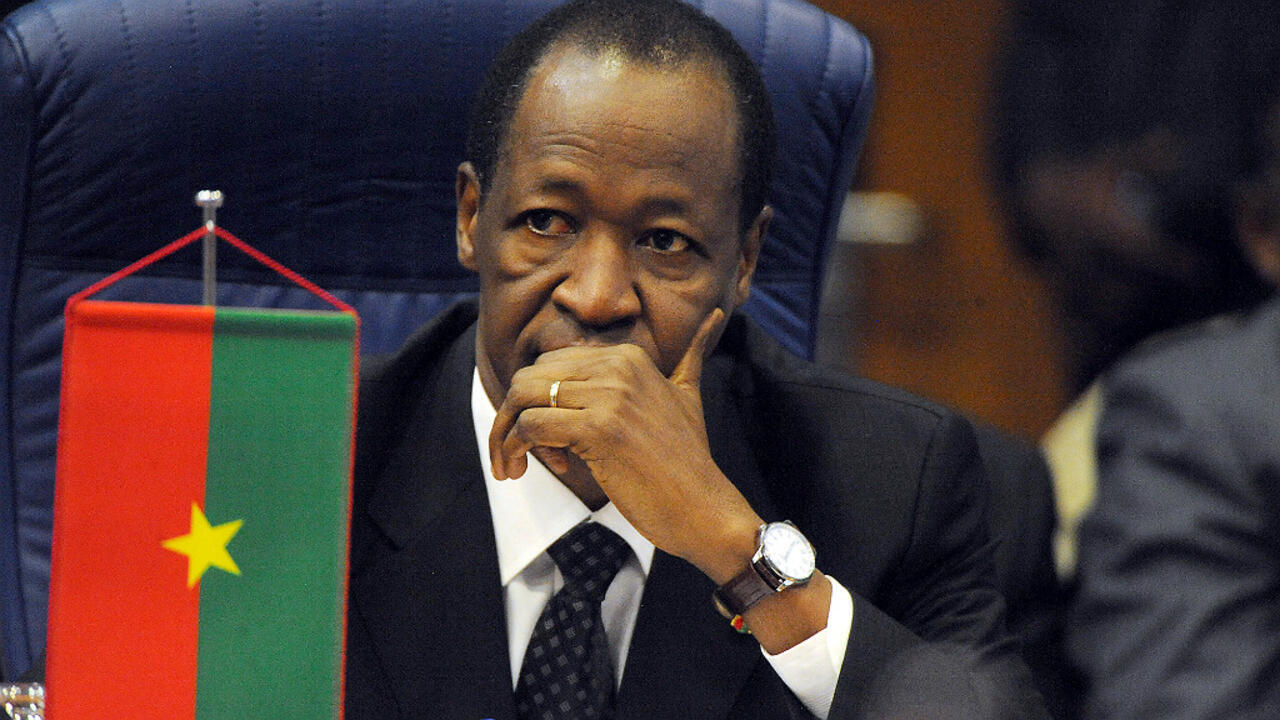
October 31, 2014, marked a historic turning point in Burkina Faso. After 27 years in power, President Blaise Compaoré stepped down amid a massive popular uprising led by citizen movements, unions, and opposition parties. The Burkinabe people, frustrated by Compaoré’s attempt to change the Constitution to seek a fifth term, took to the streets of Ouagadougou and several cities across the country, demanding an end to his rule.
According to Burkina Faso’s Constitution, the President of the National Assembly should assume the transition in the event of a presidential vacancy. However, it was Honoré Traoré, the army’s Chief of Staff, who declared himself interim head of state, prompting gatherings of protesters, particularly around the army headquarters, led by opposition figures like Zéphirin Diabré.
That same day, Blaise Compaoré left his presidential palace in Kosyam and headed south with a secured convoy of 28 vehicles. Blocked by popular roadblocks about 50 kilometers from Pô, the former president was exfiltrated by French special forces. Airlifted to Fada N’Gourma, Compaoré later reached Yamoussoukro in Côte d’Ivoire, where he was welcomed by President Alassane Ouattara, marking the beginning of his exile.
In the night from October 31 to November 1, Lieutenant-Colonel Yacouba Isaac Zida, the second-in-command of the presidential guard, declared himself interim head of state, announcing on the radio that he was assuming the responsibility of leader of the transition. Supported by the army, Zida claimed presidential powers to “ensure state continuity.” Tensions remained high as Burkinabe citizens eagerly awaited a transition to a civilian government.
October 31, 2020: controversial election in Côte d’Ivoire
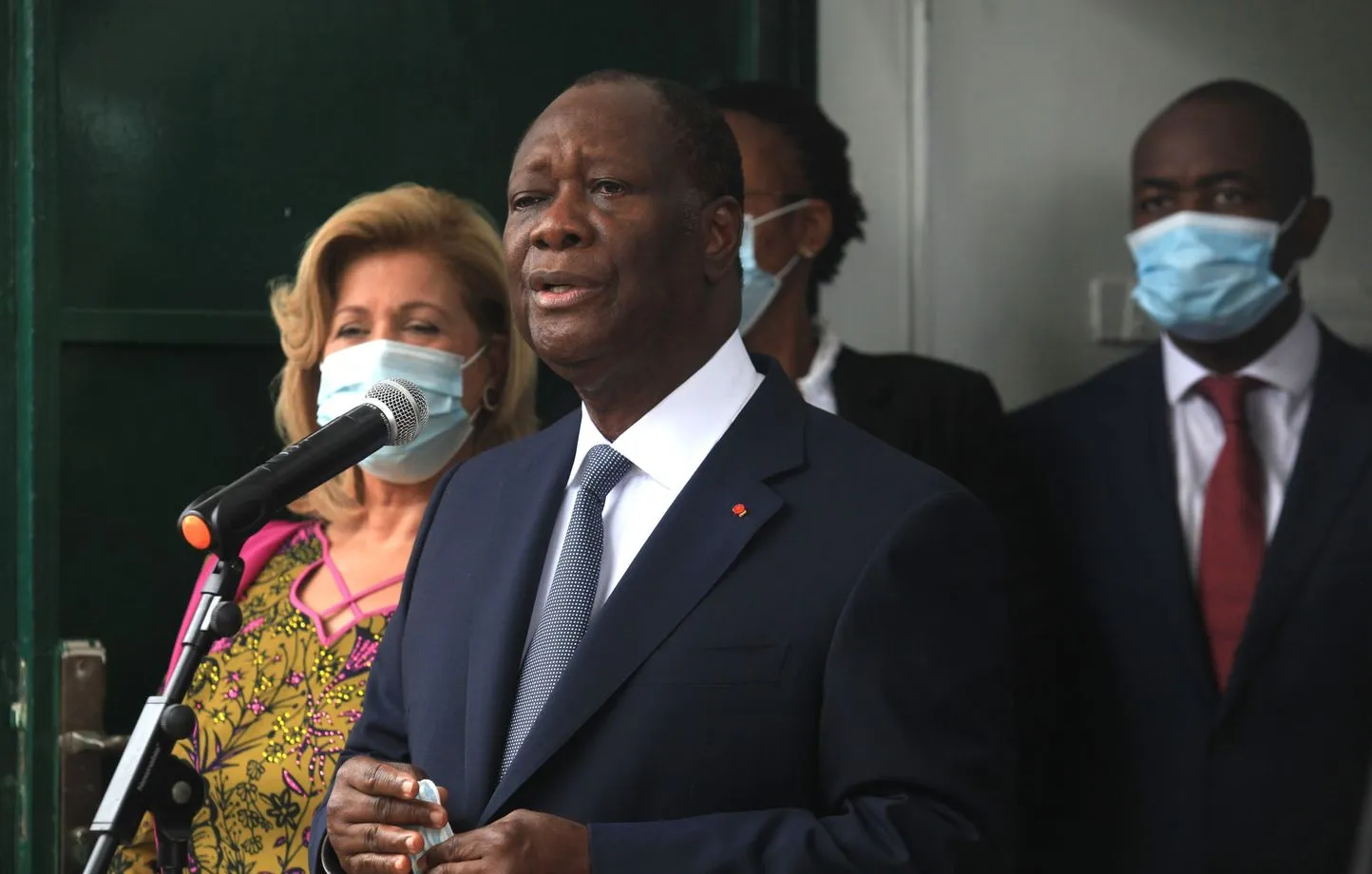
On October 31, Ivorian voters went to the polls in a tense atmosphere. Only 53.90% of registered voters participated, with many heeding the opposition’s call for a boycott. Of the 22,381 planned polling stations, nearly a quarter remained closed due to incidents or obstructions. Scenes of violence erupted, leaving many Ivorians divided over the legitimacy of the ongoing election. However, the Electoral Commission announced Alassane Ouattara’s victory in the first round with 95.31% of the votes, a result confirmed on November 9 by the Constitutional Council.
The day after the election, the opposition rejected the results, declaring the formation of a National Transitional Council led by Henri Konan Bédié and calling for “peaceful resistance.” The authorities reacted firmly: Pascal Affi N’Guessan, former Prime Minister and leader of an opposition faction, was arrested and charged with “plotting against state authority.” However, tensions eased when Bédié announced in December the end of the transition and called for dialogue. In response, Ouattara created a Ministry of National Reconciliation, aiming to restore stability and prepare for the 2021 legislative elections.
Iconic figures
Ali Farka Touré: the soul of African Blues
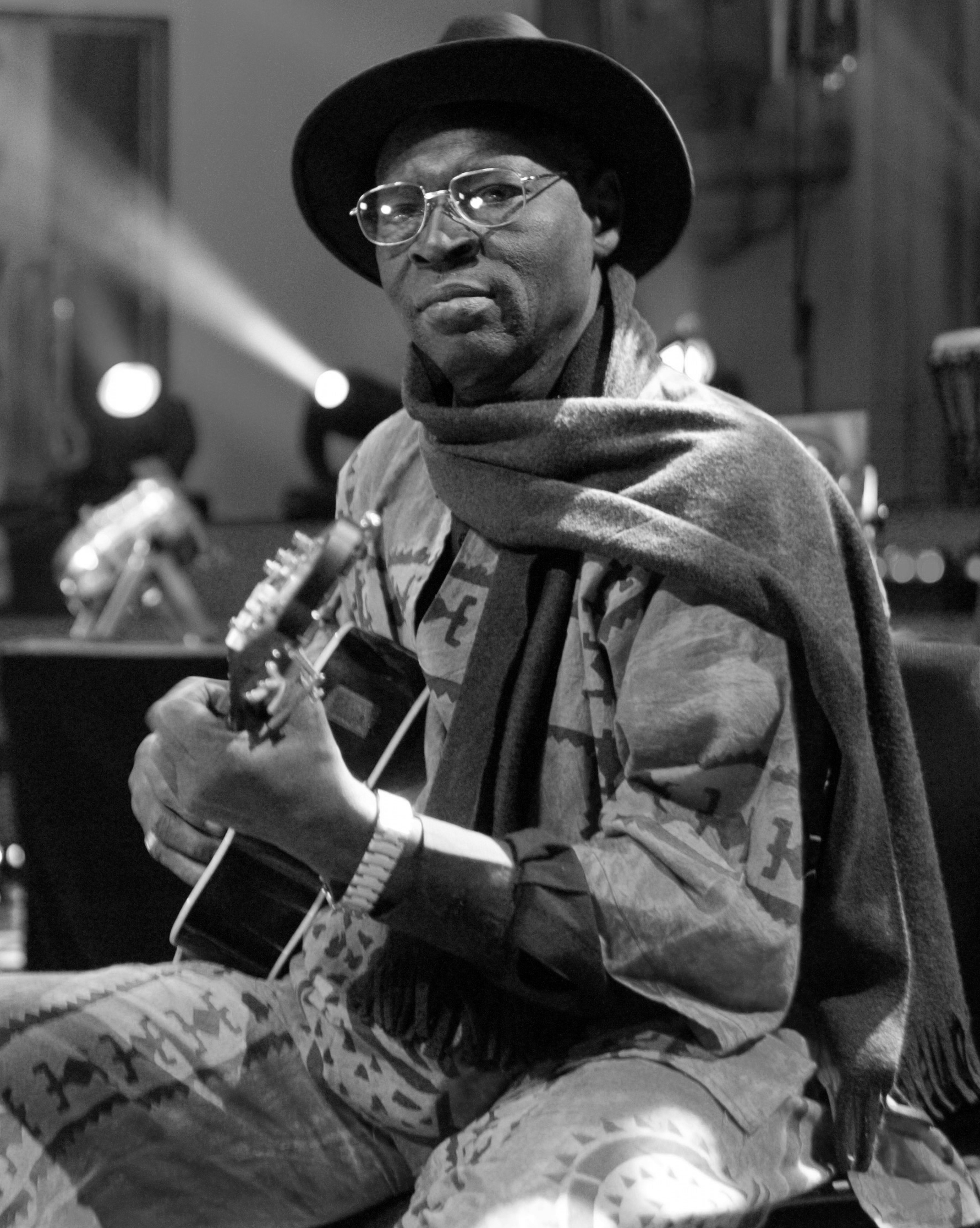
On October 31, 1939, in the village of Kanau on the banks of the Niger River in Mali, Ali Ibrahim Touré, affectionately known as Ali Farka Touré, was born. A self-taught musician and lover of Sahelian traditions, Touré is widely recognized as a pioneer in blending traditional African rhythms with blues. This style, which he carried with authenticity, earned him worldwide recognition and inspired generations of musicians. His music, a subtle fusion of local melodies and blues influences, became a universal language, bridging Africa and the Black diaspora.
Touré did more than play the blues; he revived the musical traditions of the Songhai, Peul, and Tuareg peoples, using traditional instruments like the gurkel (a local guitar) and njarka (an African violin). In 1994, the album Talking Timbuktu, a collaboration with American guitarist Ry Cooder, propelled him to the international stage. This album, which won him a Grammy Award, resonated as a tribute to transatlantic cultures and solidified his place in global music history.
Despite his international success, Ali Farka Touré never lost sight of his home village, Niafunké, where he settled permanently in the 1990s. Elected mayor, he invested his resources in the region’s development, improving agricultural irrigation and providing essential infrastructure for his community. This return to his roots embodied Touré’s philosophy: using music as a means to promote and preserve Malian culture while making tangible contributions to his people’s lives. His 1999 album Niafunké reflected this commitment through compositions celebrating the land, labor, and social justice.
On March 7, 2006, Ali Farka Touré passed away in Bamako after a long battle with cancer. However, his legacy endures, notably through posthumous albums like Savane, which reflects his artistic vision and attachment to Sahelian culture. This album, described by Ry Cooder as “absolutely perfect,” has become an ultimate reference for African blues enthusiasts.
The memory of Ali Farka Touré lives on in the hearts of his fans, in the music of his son, Vieux Farka Touré, and in the Sahelian rhythms that echo around the world.
MF DOOM, the masked poet of Rap

Promotional photo of rapper and producer MF Doom for his upcoming concert at The Arches in Glasgow, Scotland.
October 31, 2020, also marks the passing of MF DOOM, an iconic figure in the underground rap scene. Born Daniel Dumile, this British artist of Zimbabwean descent adopted a unique style inspired by comic books, masking his face to let his music speak for itself. MF DOOM is one of rap’s most respected poets, his unconventional style and complex lyrics making him legendary among hip-hop and urban poetry enthusiasts.
His journey, between London and New York, and his influence are symbols of the cultural interconnectedness and diverse influences that run through the Black world. In celebrating his legacy, the hip-hop world honors an artist who used his voice to critique, narrate, and entertain while delivering a profound message to his listeners, often distanced from mainstream circuits.
Iba Der Thiam, the Senegalese memory keeper
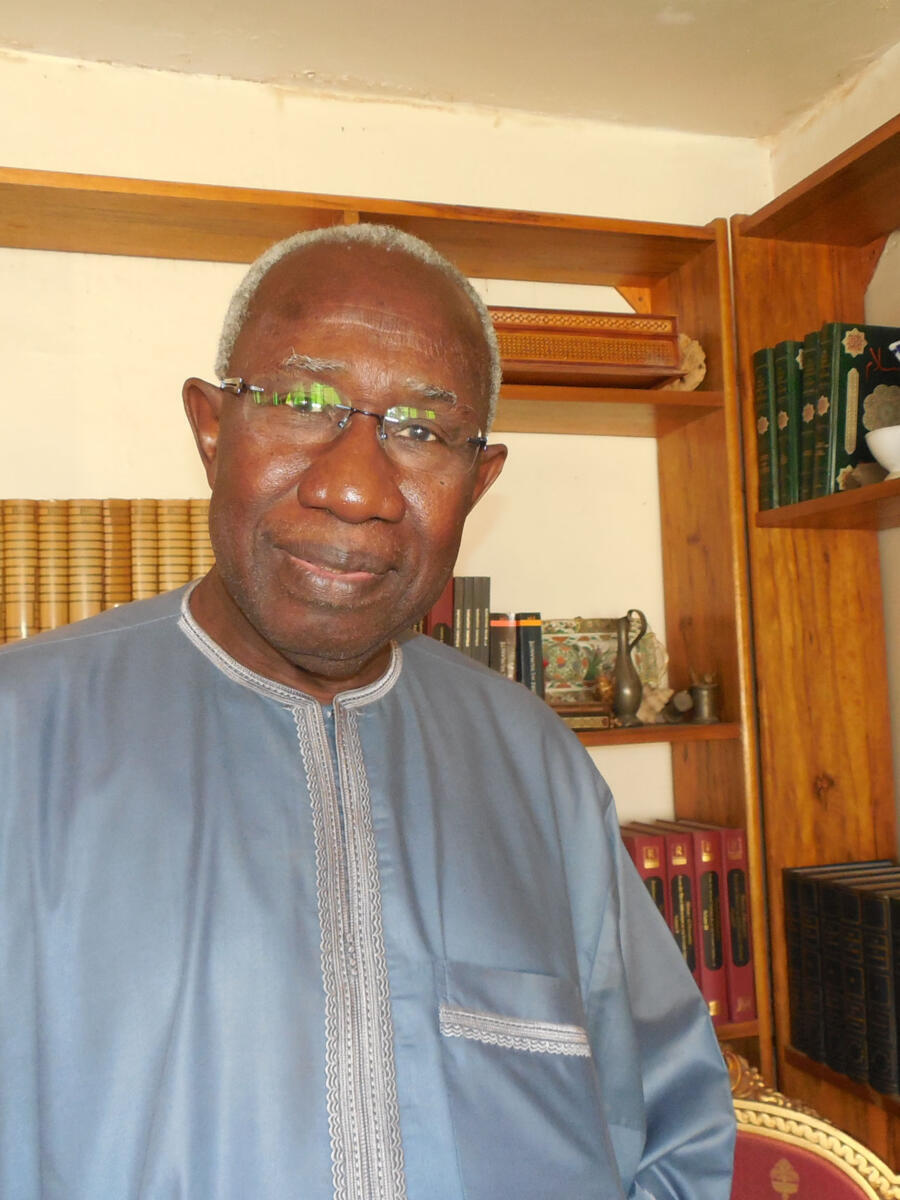
Historian, politician, and figure in Senegalese culture, Iba Der Thiam, who passed away on October 31, 2020, made a lasting impact on Senegal through his academic and political contributions. A defender of a Pan-African vision, he worked to rewrite African history, allowing young generations to understand and claim their identity. His research on African history shaped more inclusive narratives, highlighting figures and events often omitted from history books.
Through his writings and activism, Iba Der Thiam sought to restore a historical continuity between precolonial and contemporary Africa, emphasizing Africans’ resistance and achievements throughout their own history. For him, knowing one’s history was an act of resistance, a means to rebuild Africa’s future based on the values of the past.
Ethel Waters, a Jazz and cinema pioneer
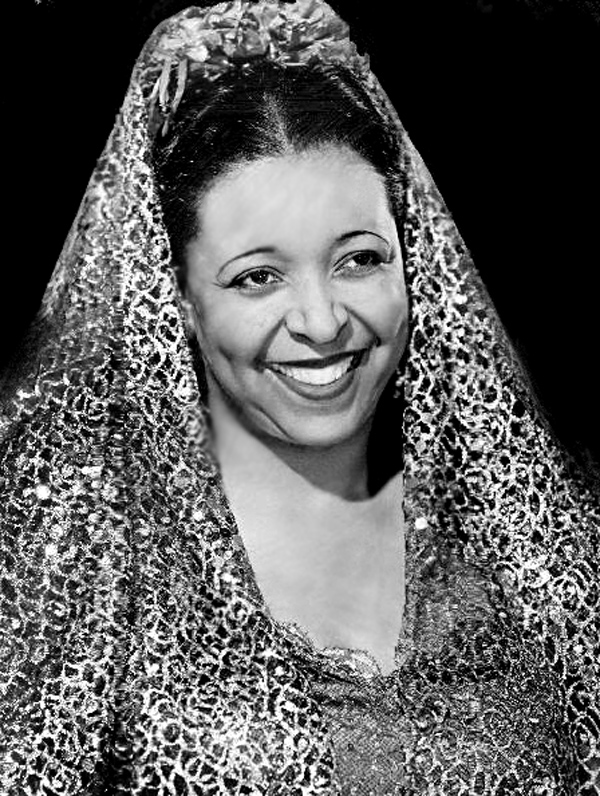
Promotional photo of Ethel Waters. 1943, Source ebay, Author William Morris Agency
Born on October 31, 1896, Ethel Waters was one of the first Black women to make her mark on the American music and film scenes. A talented artist, Waters broke stereotypes and paved the way for many Black women in the entertainment industry. Her unique vocal style and subtle acting captivated a wide audience, and her career became a source of pride and inspiration for the African-American community. She was the first African American to play a lead role on Broadway, and her career, filled with challenges, marked a turning point in Black representation in film and television.
Ethel Waters embodied the struggle for racial equality and artistic recognition in an America still deeply marked by segregation.
Summary
References
- Le Houérou, F., Les Printemps africains : une révolution silencieuse ?, L’Harmattan, 2015.
- Koné, M., La Côte d’Ivoire en crise, Edilivre, 2020.
- Charry, E., Mande Music: Traditional and Modern Music of the Maninka and Mandinka of Western Africa, University of Chicago Press, 2000.
- Forman, M. et Neal, M. A., That’s the Joint! The Hip-Hop Studies Reader, Routledge, 2012.
- Fall, B., L’héritage de l’histoire dans la formation du Sénégal contemporain, Karthala, 2008.
